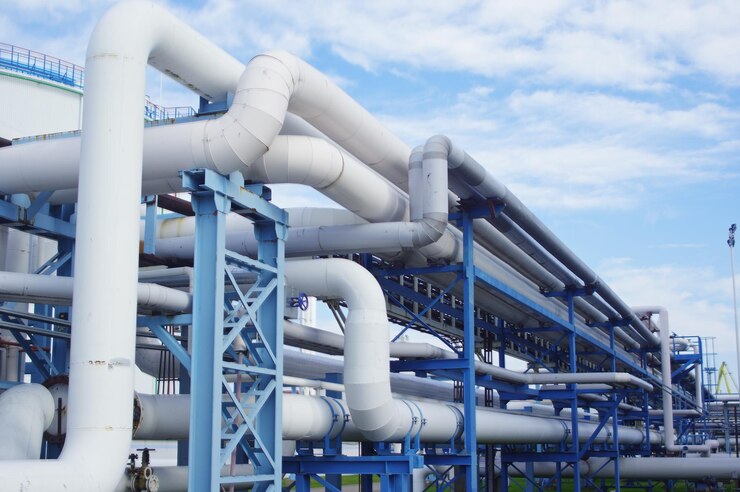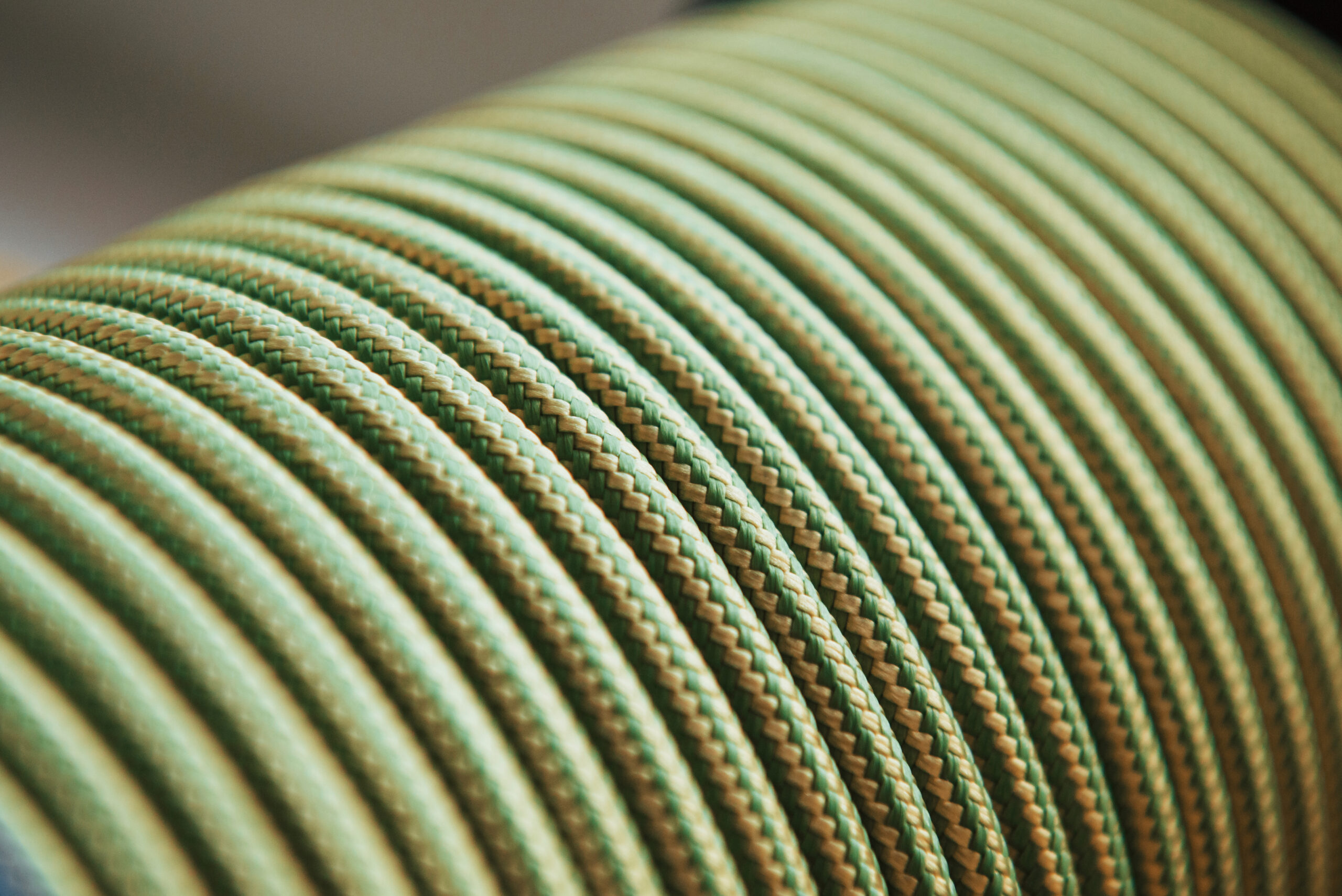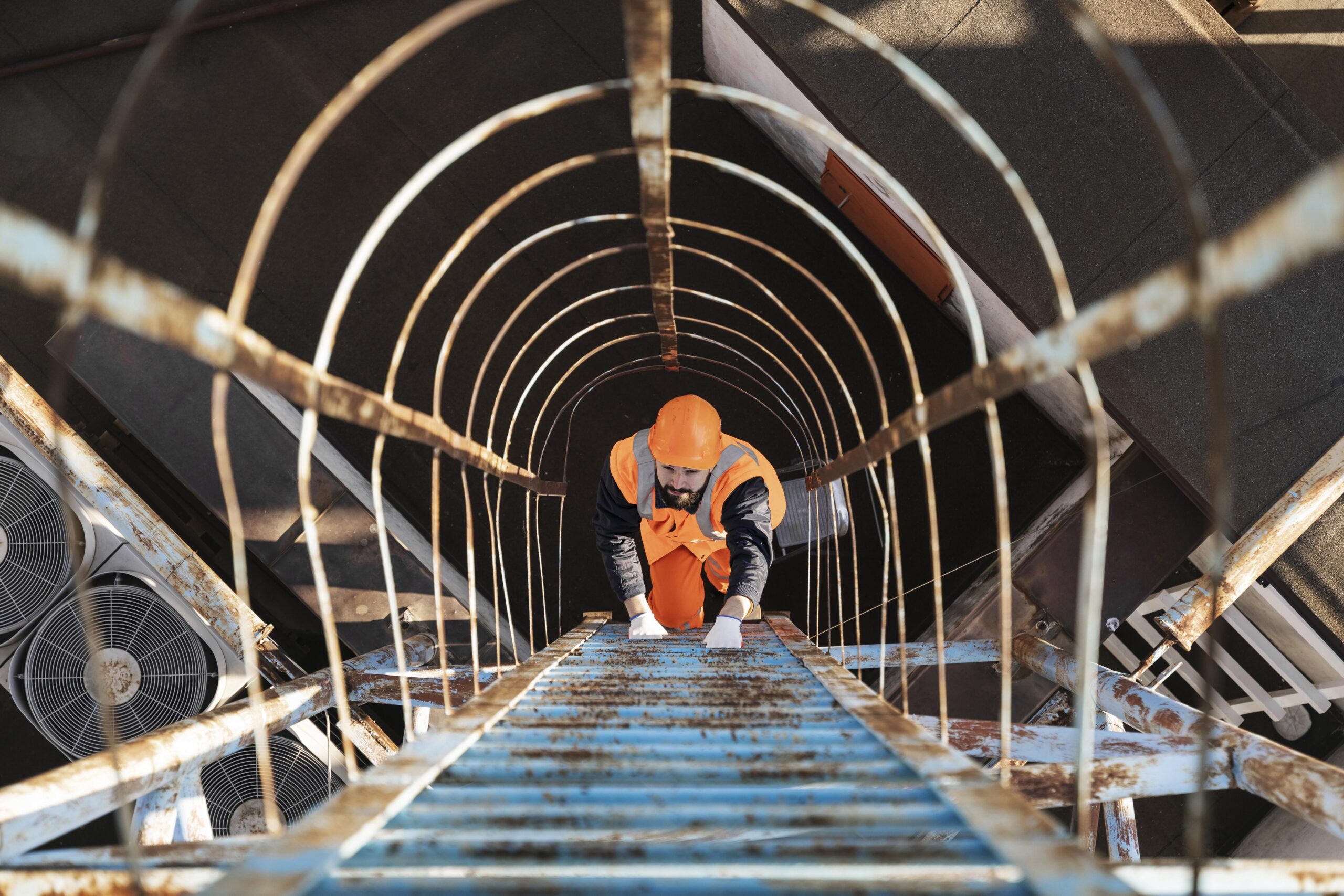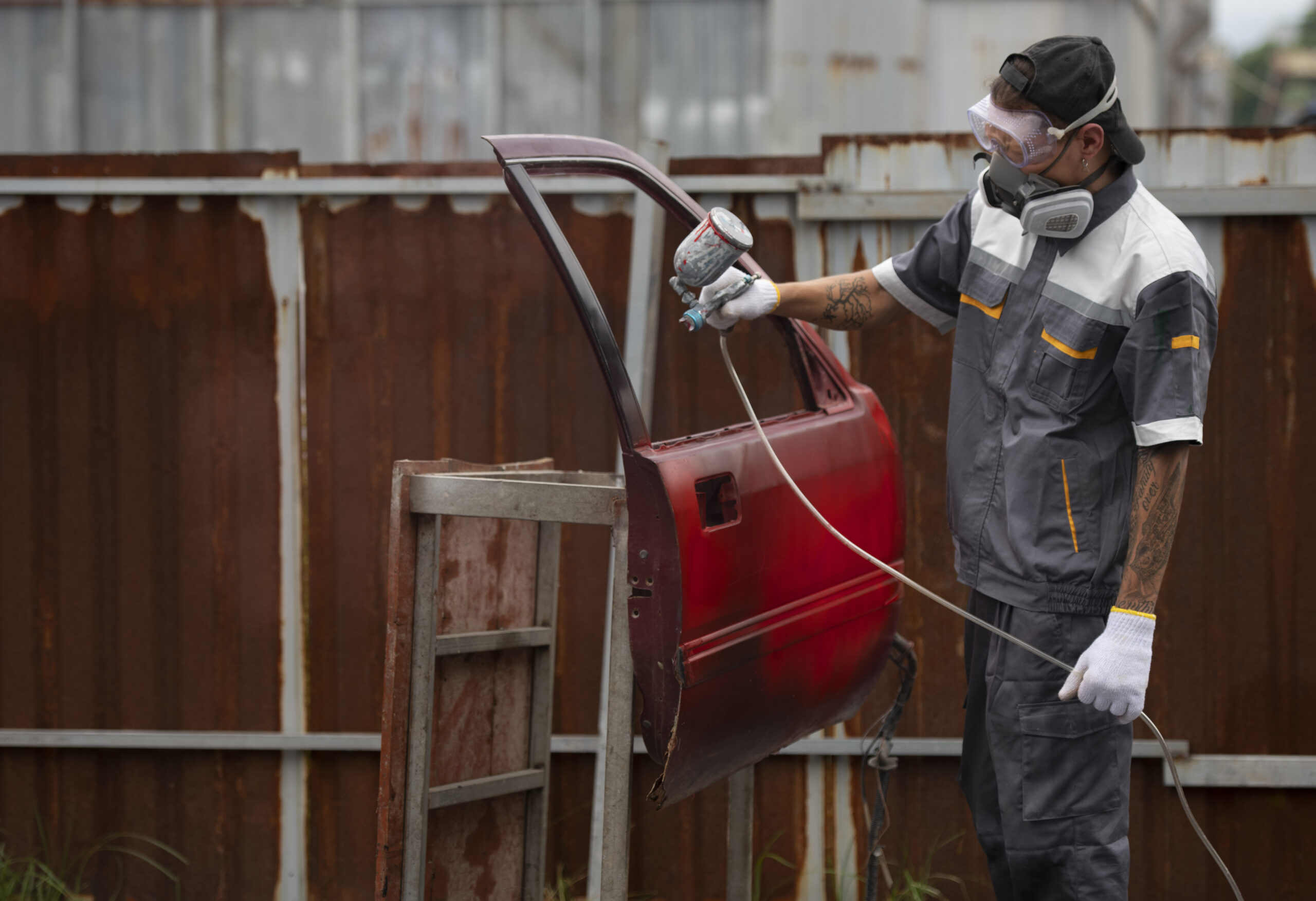In a world that is becoming increasingly conscious of sustainability, it’s important to consider every aspect of our homes, including the essential water pipes that run through them. Corrosion in water pipes can lead to leaks, reduced water quality, and ultimately expensive repairs.
It causes leaks, bursts, and other issues that can be both costly and inconvenient to fix. That’s why it’s essential to take proactive measures to prevent corrosion and keep your pipes in top condition.
In this guide, we’ll delve into the different pipeline corrosion that can occur and how to prevent corrosion in water pipes. Moreover, will highlight galvanic and pitting corrosion, and explain how they can impact the overall integrity of your water pipes. We’ll explore various corrosion prevention techniques, including the use of protective coatings and sacrificial anodes, as well as the benefits of regular maintenance.
Understanding The Causes Of Pipe Corrosion
Following are some common causes of pipe:
1. Water Velocity
High water velocity or turbulence can cause rapid corrosion. When water rushes through the pipes at high speeds, it can erode the protective layer on the inside of the pipes, leaving them vulnerable to corrosion. This is especially true in areas where there are sudden changes in water flow, such as bends or fittings.
2. Pipe Material
The type of material used for your water pipes can influence their susceptibility to corrosion. Certain metals, such as copper and stainless steel, are more resistant to corrosion than others. Galvanized steel pipes, on the other hand, are more prone to rust and corrosion over time.
3. Electrolysis
Electrolysis occurs when different types of metals are in contact with each other in the presence of an electrolyte, such as water. This can create a galvanic cell, leading to accelerated corrosion. It’s essential to ensure that your plumbing system is properly grounded and that dissimilar metals are not in direct contact.
4. Water Quality
The quality of the water flowing through your pipes can also contribute to corrosion. Hard water, which contains high levels of minerals such as calcium and magnesium, can cause scale buildup and increase the risk of corrosion. Water with high levels of dissolved oxygen or aggressive chemicals can also accelerate the corrosion process.
5. Chemical Reactions
Chemical reactions between the water and the metal pipes can contribute to corrosion. The pH level of the water, as well as the presence of dissolved oxygen, can accelerate the corrosion process. Highly acidic or alkaline water, as well as water with high chlorine content, can be particularly corrosive.
Signs Of Corrosion In Water Pipes
Following are some common signs of corrosion in water pipes:
1. Discolored Water
One of the most noticeable signs of pipe corrosion is discolored water. If you notice your water has a brown, yellow, or rusty tint, it’s a clear indication that your pipes are corroding. Discoloration occurs when the corrosion eats away at the inner lining of the pipes, allowing rust and other contaminants to mix with your water supply.
2. Foul Odor
Corrosion can also lead to a foul smell in your water. If you notice a metallic or sulfur-like odor when you turn on your taps, it’s likely due to corroded pipes. The unpleasant smell is caused by the breakdown of the metal in the pipes, which releases sulfurous compounds into the water.
3. Low Water Pressure
Another common sign of corrosion is a decrease in water pressure. Corroded pipes can develop blockages and restrictions, causing reduced water flow throughout your plumbing system. If you notice a significant drop in water pressure in your faucets or shower heads, it’s time to investigate for possible corrosion.
4. Leaks and Water Damage
As corrosion progresses, it can lead to leaks and water damage in your home. If you notice water stains on your walls, ceilings, or floors, it’s a strong indication that your pipes are corroding and may have developed leaks. Ignoring these signs can result in more extensive damage and costly repairs.
5. Unusual Sounds
Corroded pipes can also produce unusual sounds, such as banging, clanging, or squeaking noises when you turn on your taps. These sounds are caused by the movement of water through corroded or restricted pipes, indicating that corrosion is present.
How to Prevent Corrosion in Water Pipes?
Here are some ways to prevent corrosion in water pipes:
1. Use Corrosion-Resistant Pipe Materials
When installing or replacing your water pipes, opt for materials that are resistant to corrosion. Copper and stainless steel pipes are excellent choices as they are highly durable and have natural corrosion-resistant properties. Avoid using galvanized steel pipes, as they are more prone to rust and corrosion.
2. Regularly Test And Treat Your Water
It’s essential to regularly test the quality of your water and treat it if necessary. Testing will help you identify any potential issues, such as high levels of acidity or minerals, which can contribute to corrosion. Treating your water with the appropriate chemicals or filtration systems can help neutralize corrosive elements and protect your pipes.
3. Monitor And Adjust Water pH
The pH level of your water can greatly impact its corrosiveness. Ideally, the pH level should be between 6.5 and 8.5 to minimize the risk of corrosion. Regularly monitor the pH level of your water and make adjustments if necessary. Consulting with a water treatment professional can help you determine the optimal pH level for your specific water supply.
4. Install Sacrificial Anodes
Sacrificial anodes are metal rods made from a more reactive metal, such as magnesium or aluminum, that are installed in your plumbing system. These anodes attract corrosive elements, sacrificing themselves to protect the pipes from corrosion. Regularly inspect and replace sacrificial anodes to ensure they continue to provide effective corrosion protection.
5. Reduce Water Velocity
High water velocity can lead to erosion and accelerate the corrosion process. To minimize this risk, consider installing flow restrictors or pressure regulators in your plumbing system. These devices will help regulate water flow and reduce the velocity, protecting your pipes from unnecessary wear and tear.
6. Properly Ground Your Plumbing System
Electrolysis can occur when different metals come into contact with each other in the presence of water. To prevent this, ensure that your plumbing system is properly grounded. This will help eliminate the risk of galvanic corrosion and prolong the lifespan of your pipes.
7. Avoid Using Harsh Chemicals
Harsh chemicals, such as drain cleaners or abrasive cleaners, can damage the protective layer on the inside of your pipes, making them more susceptible to corrosion. Opt for gentler, environmentally friendly cleaning products that won’t harm your pipes.
9. Install Dielectric Unions
Dielectric unions are fittings that separate dissimilar metals in your plumbing system, preventing galvanic corrosion. By installing dielectric unions at connection points between different metals, you can eliminate the risk of sped up corrosion.
10. Insulate Exposed Pipes
Exposed pipes are more susceptible to temperature fluctuations, which can lead to condensation and increased corrosion. Insulate any exposed pipes to protect them from extreme temperatures and minimize the risk of corrosion.
Final Words
Water supply must be kept safe and risk-free by controlling water corrosion and practicing preventative maintenance. Therefore, bear in mind these efficient strategies to avoid water corrosion in pipes to prevent corrosion. We hope the blog “How to prevent corrosion in water pipes?” may be helpful for you. Follow our blogs for more insights and updates on pipeline industry.





